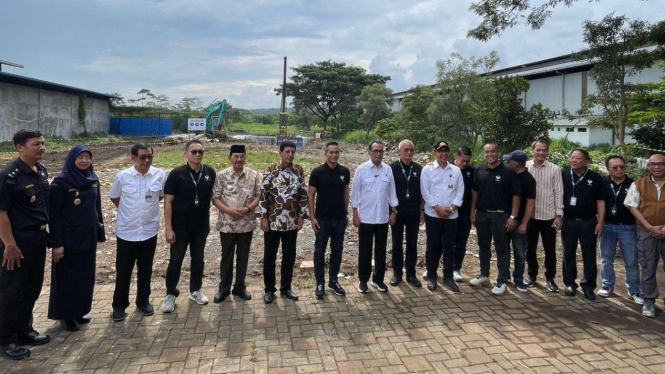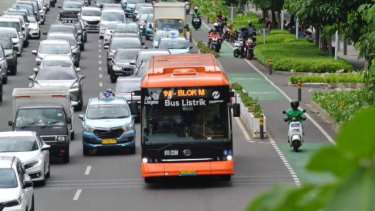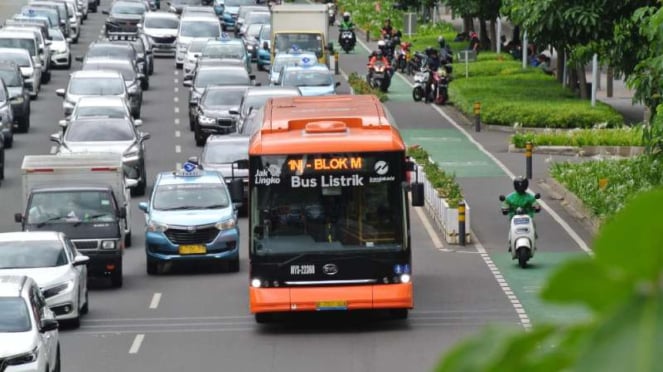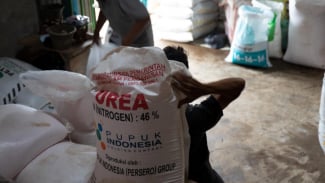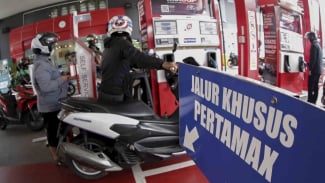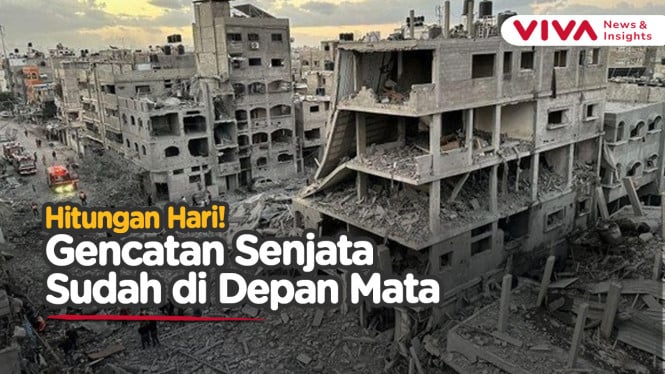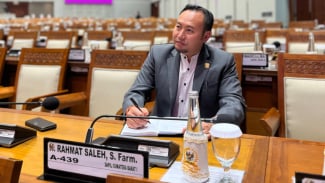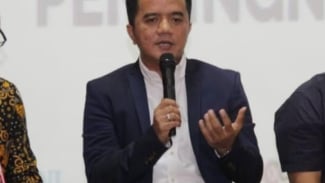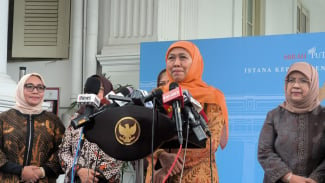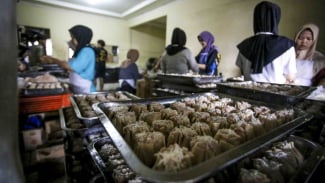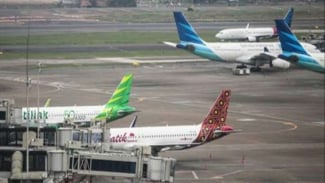VKTR Builds First Commercial EV Manufacturing Base in Indonesia
- Dokumentasi VKTR.
Central Java – VKTR Mobility Technology (VKTR) to build the first Completely Knock Down (CKD) commercial electric vehicle facility in Magelang, Central Java, Indonesia.
This step is taken through its subsidiary, a joint venture with Karoseri Tri Sakti, named VKTR Sakti Industries (VKTS).
The groundbreaking of Indonesia's First Commercial Electric Vehicle Facility is taking place at the VKTS facility with the support of both national and local governments, including Minister of Transportation Budi Karya, Director General of Metal, Machinery, Transportation Equipment, and Electronics Industry (ILMATE) Taufik Bawazier (Representing the Minister of Industry of the Republic of Indonesia).
There are also Acting Governor of Central Java, Nana Sudjana, Acting Regent of Magelang Sepyo Achanto, and other local authorities.
President Director of Bakrie & Brothers, Anindya Novyan Bakrie stated that this manufacturing base development also signifies VKTR's commitment to support the government in realizing Presidential Regulation No. 55/2019, along with Presidential Regulation No. 79/2023 regarding the Acceleration Program of Battery Electric Vehicle (BEV) for Road Transportation.
Bus listrik VKTR.
- Dokumentasi VKTR.
"This facility is aming to show our seriousness in towards total decarbonization by 2042 (100 years of Bakrie Group). We're optimistic about the Indonesia's sustainable industry and electrification future," Bakrie remarked on Tuesday.
He added: "Also, we remain consistent in achieving both our internal business group targets and supporting the Indonesian government's target towards Net Zero Emissions by 2060,"
In the same occasion, Gilarsi W Setijono, as the President Director of VKTR, revealed that this step to contribute to the country and the electric vehicle (EV) industry in Indonesia in accelerating the electrification.
According Setijono, the construction of VKTS facility is done in partnership with two construction experts, Bakrie Construction and Automotive Engineering Corp (Sinomach Group), which have a number of outstanding portfolios for global EV brand facilities with international standards.
"This VKTS facility will also become a Central-Hub for technology transfer processes & EV-related R&D involving local academic institutions, and in the future, we hope this facility will be a good start for an independent EV industry in Indonesia," Setijono explained.
Furthermore, Taufiek Bawazier as Director General of Metal, Machinery, Transportation Equipment, and Electronics Industry at the Ministry of Industry informed that the construction of this CKD vehicle production facility is expected to comply with the National Roadmap for Battery-Based Electric Vehicle Industry.
"And, the Minimum Target Achievement of Domestic Component Level (TKDN) for CKD-based buses & trucks,"
With the establishment of VKTS facility, the company hopes to contribute to the EV industry in Indonesia by creating green jobs, aiming to create at least 100 green job positions by the end of 2024.
Moreover, by supporting the government in achieving the Minimum Target Achievement of Domestic Component Level (TKDN), with the implementation of CKD basis, the VKTS facility will meet a minimum TKDN of 40 percent as stipulated by the government.
Additionally, this facility will become a central-hub for technology transfer and EV research & development (R&D).
VKTS will engage with local academic institutions in the technology transfer process and R&D, thus producing the best technology to accompany the Indonesian government in preparing for 100 percent electrification phase.
In building the VKTS facility, approximately IDR300 billion is invested by the collaboration of VKTR and Karoseri Tri Sakti.
With a breakdown of the investment, VKTR invests IDR200 billion for facility construction and technology development, while Karoseri Tri Sakti provides investment in the form of land and existing buildings with a valuation of approximately IDR100 billion.
The VKTR facility is targeted to have a production capacity of up to 3,000 units of combined buses and trucks per year.
